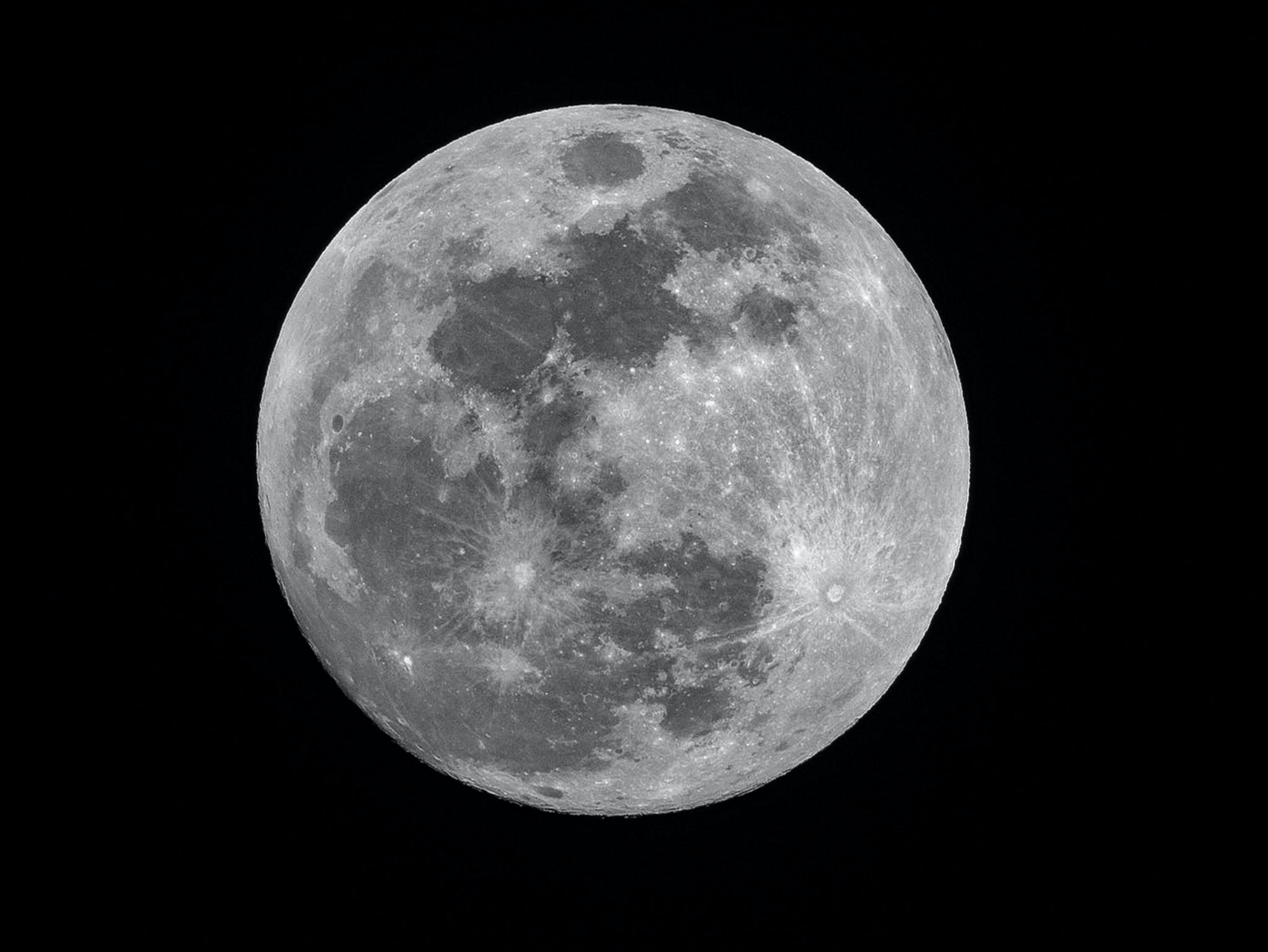What Does “Isn’t the Moon Lovely” Mean in Japanese?
Japan is a country with a rich and intricate language, filled with expressions that hold deep cultural significance. One such phrase that has intrigued foreigners is “Isn’t the moon lovely?” In Japanese, this phrase is written as “月が綺麗ですね” (Tsuki ga kirei desu ne). Let’s explore the meaning, origin, and cultural implications of this enchanting expression.
The Literal Translation
When translated directly, “月が綺麗ですね” means “Isn’t the moon beautiful?” or “Isn’t the moon lovely?” The phrase revolves around the appreciation of the moon’s beauty. In Japanese culture, the moon has been a symbol of elegance, purity, and tranquility for centuries.
It’s important to note that the word “kirei” in this phrase holds more depth than just beauty. In Japanese, “kirei” encompasses aesthetic beauty, cleanliness, and purity. So when someone says “Isn’t the moon lovely?” in Japanese, they are not just referring to the moon’s physical appearance but also the serene emotions it evokes.
Historical and Cultural Significance
The significance of the moon in Japanese culture can be traced back to ancient times. The moon has been a subject of admiration in poetry, folklore, and art. It holds a special place in various cultural traditions and festivals.
One such festival is Tsukimi, also known as the Moon Viewing Festival, celebrated in Japan during autumn. During this festival, people gather outdoors at night to appreciate the beauty of the moon while enjoying traditional foods and drinks. The phrase “Isn’t the moon lovely?” is often used during Tsukimi gatherings as a way to express admiration for the moon.
Beyond festivals, the moon has been associated with love, longing, and the passing of time in Japanese literature and art. It has inspired countless haikus, poems, and paintings by renowned artists. The moon’s charm has captured the hearts of many Japanese people throughout history and continues to be a beloved symbol in modern times.
Subtle Implications and Cultural Nuances
Just like any expression, “Isn’t the moon lovely?” carries various subtle implications and cultural nuances. Understanding these subtleties helps uncover the deeper meaning behind the phrase.
In Japanese culture, expressing emotions and opinions directly is often considered impolite or too assertive. Instead, Japanese people rely on implicit communication to convey their thoughts. The phrase “Isn’t the moon lovely?” serves as an indirect way to express admiration and appreciation without being too explicit.
The usage of this phrase also reflects the Japanese concept of “mono no aware,” which can be translated as “the pathos of things” or “the transient nature of existence.” It suggests a bittersweet appreciation for the ephemeral beauty of life. By using the phrase “Isn’t the moon lovely?” Japanese speakers acknowledge both the moon’s beauty and the temporary nature of its splendor.
Other Contexts and Interpretations
While the phrase “Isn’t the moon lovely?” primarily revolves around admiration for the moon, it can be used in various contexts to evoke different meanings.
In romantic relationships, the phrase can be seen as a subtle declaration of love. By comparing the beauty of their loved one to the moon, a person is expressing their admiration and affection.
Furthermore, “Isn’t the moon lovely?” can be used metaphorically to imply admiration for something or someone beyond the literal moon. For example, a person might say it when they encounter a breathtaking landscape, a work of art, or even a delicious dish.
Conclusion
The phrase “Isn’t the moon lovely?” originates from the Japanese expression “月が綺麗ですね” (Tsuki ga kirei desu ne). Widely used in Japan, this phrase encapsulates the appreciation for the moon’s beauty, serenity, and the elegant emotions it evokes. Rooted in centuries of cultural significance, it has become a part of traditional festivals, literature, and art.
Beyond its literal translation, “Isn’t the moon lovely?” reflects Japanese communication style, with its implicit nuances and indirect expressions. It carries subtle meanings related to the transient nature of existence and moments of fleeting beauty.
So the next time you find yourself gazing at the moon or captivated by something beautiful, embrace the essence of “Isn’t the moon lovely?” and let its enchantment transport you to a world of profound appreciation and wonder.
Table of Contents
